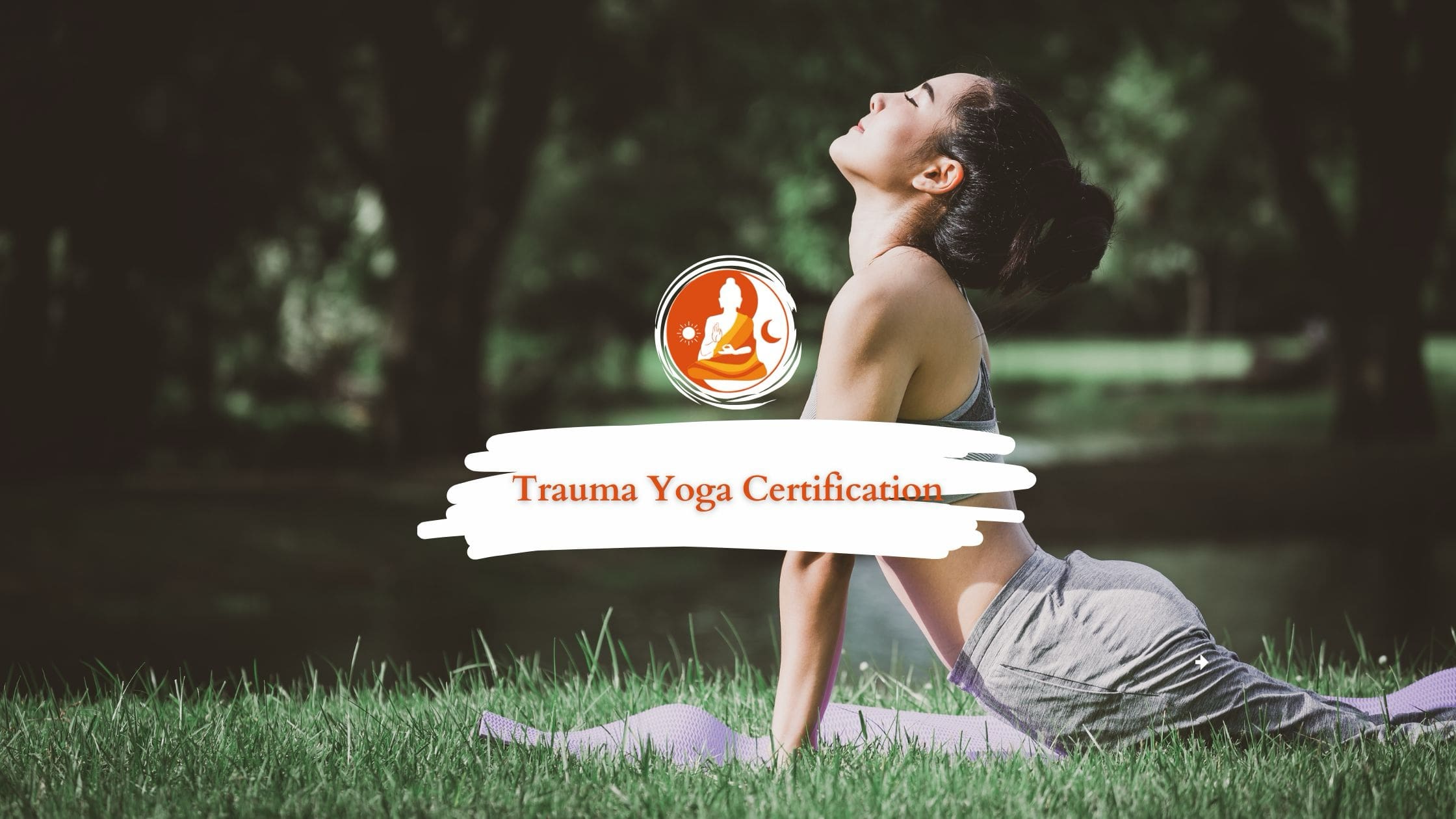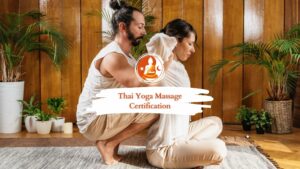Trauma is a very disturbing or upsetting experience that may affect a person both physically and psychologically. Generally, it may seem like physical abuse, emotional neglect, accidents, a natural disaster, or even witnessing acts of violence. The after-effects of trauma are sometimes severe and might take the form of post-traumatic stress disorder, anxiety, depression, and chronic pain. Trauma yoga certification programs are set to give candidates the knowledge and skills required to adapt yoga practices uniquely to meet the needs of trauma survivors.
Yoga is a primeval practice that consists of physical postures, regulation of breath, and contemplation. It is also being found as a valid recovery and healing tool at a growing pace. Yoga will benefit people who have a history of trauma, which would be helpful to conscious and sensitive practice as that may help people control their emotions and reduce anxieties through the application of pranayama and meditation.
Table of Contents
ToggleRole of Yoga in Healing Trauma
The practice of yoga is said to heal victims of trauma in terms of the following:
- Improved Physical Health: Gentle yoga poses lessen the physical effects of trauma such as chronic pain and tension.
- Increased Mindfulness: Yoga practice enhances the mindfulness of a person at a given time, so there is a letting go of past traumatic memories.
- Building Resilience: The practice of yoga can build up one’s resilience. This is because one learns to deal with stress and other adversities.
A Specialized Training
There is a need for specific training in applying yoga in the recovery of trauma. Such programs usually cover the following key areas of content:
- Trauma-informed care: Understand how trauma affects the body and mind, and learn how to create a safe and supportive environment for trauma survivors.
- Yoga Philosophy and Practice: The foundational knowledge developed in yoga’s central principles and practices that include asanas (poses), pranayama, and meditation.
- Trauma-Sensitive Yoga Techniques: Learning modification of yoga practice to address trauma survivors’ unique needs, such as pacing, options, and choice.
- Mindfulness and Meditation: Acquiring mindfulness meditational techniques that increase awareness about thoughts, emotions, and triggers that reduce the amount of stress in the individual’s mind and body.
- Therapeutic Communication: Techniques to build rapport and establish trust with traumatized survivors.
- Ethics: Educated on ethical issues such as confidentiality, setting, and self-care with traumatized clients
Benefits of Trauma Yoga Training
There are many benefits when a practitioner becomes certified in trauma yoga training including:
- Career Advantages of Prominence: The ability to work at various jobs or services in yoga centers, psychiatric hospitals, mental clinics, community centers, and so on.
- Precise Skills: Learn particular skills with trauma survivors.
- Personal Healing: Do personal healing and transformation with yoga.
- Ripples into Communities: Work with survivors of trauma to boost their quality of life and generate ripples of healing across communities.
Training for Trauma Yoga Programs
The very best sources of training on trauma yoga have a list of certified organizations as follows:
- Yoga Alliance: A yoga registry leader whose portfolio offers trauma-informed yoga certification yoga alliance programs concerning trauma-sensitive yoga.
- Trauma Center at Justice Resource Institute: This institute delivers professional, comprehensive, and intense online and in-person programs to train students on trauma-sensitive yoga.
- The Trauma-Conscious Yoga Institute: It offers a wide range of online and in-person training to maximize learning with respect to trauma-informed yoga.
Trauma Yoga Certification Online
A trauma yoga certification online course offers flexibility, accessibility, and affordability compared to traditional onsite courses. Learners can progress at their own pace, accessing high-quality training from anywhere in the world. These programs cater to diverse learning styles through a variety of materials and often include virtual communities for support and interaction.
Additionally, online learning can reduce the stress associated with in-person settings, creating a more relaxed learning environment. While onsite courses offer in-person interaction and hands-on experience, online certification provides a convenient and accessible way to gain valuable knowledge and skills in trauma-informed yoga.
A Path to Healing
Trauma yoga certification prepares practitioners to use their position as healers and guides through yoga. This can, therefore, allow a qualified trauma yoga instructor to offer ease and healing to traumatized individuals; hence, the lost life is recovered along with building strength for any individual suffering from trauma or related conditions.
In doing so, with continuous improvements in the field, what has become of prime concern is seeking reliable certification courses while being sensitive to considerations of evidence-based practice and ethics.
Questions/Answered
Trauma-informed yoga certification is a special training course that teaches yoga teachers the best practices for dealing with students who have trauma. It’s all about creating a safe and supportive environment, adapting practice to the individual, healing, and resilience
Trauma-sensitive yoga certifications may be earned through the seasoned yoga registry, The Yoga Alliance. The Alliance offers these protocols and standards for training based upon trauma-informed principles such that practitioners will be better equipped to work with those who have a history of trauma.
Trauma-focused yoga is the ability to empower the use of yoga as a therapeutic intervention for someone who has experienced trauma by teaching how to combine some defined, trauma-focused techniques within the established yoga practices to facilitate emotional and psychological processing
Many organizations also provide trauma yoga certification online courses. These flexible trainings allow the participant to take their time.
A trauma recovery yoga certification would refer to applying yoga as a healing technique with recovery for the trauma one might experience in their lifetime. Then it transformed to become a kind of yoga that focused more especially on what the needs were with regards to survivors of traumas, making sure there would be both healthy physicality and mental psychology along with developing resilient minds. How might I find a certified trauma-informed yoga teacher in this organization?
One would seek trauma-informed yoga providers who are qualified through an Internet directory search tool or by contacting a local yoga studio to request them to recommend a trainer, and, of course, from providers in mental health.
One may research it online, participate in a workshop, or undergo a certification program. Several organizations are making available resources and training material on trauma-informed yoga
A trained trauma-informed yoga teacher can practice in almost any setting, be it yoga studios, mental health clinics, hospitals, community organizations, or privately through private sessions, workshops, or retreats











